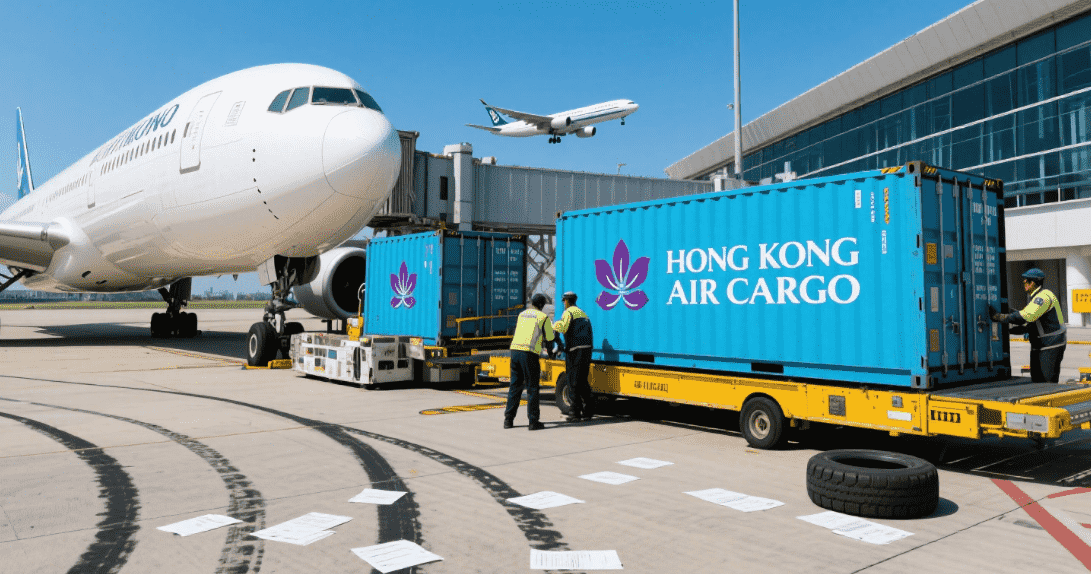
In the ever-evolving landscape of international trade, efficient and cost-effective logistics solutions play a pivotal role in determining the success of businesses, especially for small and medium-sized enterprises (SMEs) engaged in cross-border transactions. When it comes to shipping goods from China to Nigeria, understanding the nuances of container freight costs is crucial. This blog post aims to provide a comprehensive overview of the expenses associated with shipping 20ft and 40ft containers, highlighting the importance of selecting the right cargo agent and freight service to ensure a seamless and economical shipping experience.
Introduction to Container Shipping from China to Nigeria
The trade route from China to Nigeria has witnessed significant growth over the years, driven by the demand for a wide range of products, from electronics and textiles to machinery and consumer goods. As a result, the need for reliable and efficient logistics solutions has become paramount. Container shipping, with its standardized sizes and procedures, offers a cost-effective and secure method for transporting large volumes of goods across international waters.
Understanding Container Sizes and Their Impact on Costs
Before delving into the specifics of shipping costs, it's essential to understand the two primary container sizes used in international trade: the 20ft and 40ft containers. Each size has its own set of advantages and cost implications.
20ft Container
The 20ft container, also known as a TEU (Twenty-foot Equivalent Unit), is the smaller of the two and is ideal for shipping smaller quantities of goods or when space is at a premium. It typically has a capacity of around 33 cubic meters and can accommodate a payload of up to 28,000 kilograms, depending on the weight restrictions imposed by shipping lines and local regulations.
40ft Container
The 40ft container, or FEU (Forty-foot Equivalent Unit), offers double the capacity of its 20ft counterpart, making it suitable for larger shipments. With a volume of approximately 67 cubic meters and a payload capacity of up to 26,000 kilograms (though this can vary), the 40ft container provides a more economical option for shipping bulkier or heavier items.
Factors Influencing Shipping Costs
The cost of shipping a container from China to Nigeria is influenced by several factors, including but not limited to:
- Distance and Route: The geographical distance between the origin and destination ports, as well as the chosen shipping route, significantly impacts freight rates. Direct routes tend to be more expensive but offer faster transit times, while indirect routes may involve transshipments and longer delivery times.
- Container Size and Type: As mentioned earlier, the choice between a 20ft and 40ft container affects the overall cost. Additionally, specialized containers, such as refrigerated units for perishable goods, incur higher charges.
- Freight Service Type: The type of freight service selected—whether it's Full Container Load (FCL), Less than Container Load (LCL), or a combination of air and sea freight—determines the pricing structure. FCL is generally more cost-effective for larger shipments, while LCL suits smaller quantities.
- Seasonal Demand: Peak seasons, such as before major holidays or during harvest periods, often see a surge in demand for shipping services, leading to higher rates.
- Fuel Prices: Fluctuations in global fuel prices directly affect bunker adjustment factors (BAFs), which are surcharges added to freight rates to cover fuel costs.
- Customs and Port Charges: Import duties, taxes, and port handling fees at both the origin and destination ports contribute to the total shipping cost.
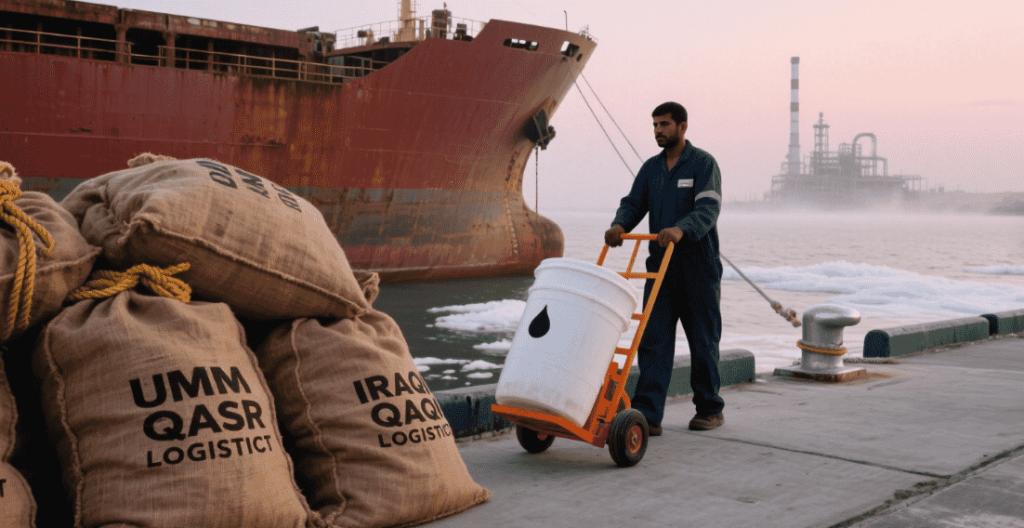
Cost Breakdown: 20ft vs. 40ft Container
Now, let's delve into the approximate costs associated with shipping a 20ft and 40ft container from China to Nigeria. Please note that these figures are indicative and can vary based on the factors mentioned above.
20ft Container
- Basic Freight Rate: The base cost for shipping a 20ft container can range from 2,000to4,000, depending on the shipping line, route, and season.
- Additional Charges: This includes BAFs, port congestion surcharges, and other miscellaneous fees, which can add another 500to1,500 to the total cost.
- Customs and Port Charges: Import duties, taxes, and port handling fees in Nigeria can vary widely based on the nature of the goods but typically range from a few hundred to several thousand dollars.
- Total Estimated Cost: Considering all the above factors, the total cost for shipping a 20ft container from China to Nigeria can range from 3,000to7,000.
40ft Container
- Basic Freight Rate: Due to its larger capacity, the base cost for shipping a 40ft container is higher, ranging from 3,500to6,000.
- Additional Charges: Similar to the 20ft container, BAFs, port congestion surcharges, and other fees can add an additional 800to2,000.
- Customs and Port Charges: These remain relatively consistent with those for a 20ft container, though the total value may increase slightly due to the higher volume of goods.
- Total Estimated Cost: The total cost for shipping a 40ft container from China to Nigeria can range from 5,000to9,000.
The Role of a Reliable Cargo Agent
Navigating the complexities of international shipping requires expertise and experience. This is where a reliable cargo agent comes into play. A competent cargo agent acts as an intermediary between the shipper and the various entities involved in the shipping process, including shipping lines, customs authorities, and freight forwarders. They provide invaluable services such as:
- Booking Space: Securing container space on vessels and negotiating favorable freight rates.
- Documentation: Preparing and processing shipping documents, including bills of lading, commercial invoices, and certificates of origin.
- Customs Clearance: Facilitating smooth customs clearance at both the origin and destination ports.
- Tracking and Updates: Providing real-time tracking information and updates on the status of the shipment.
- Problem Resolution: Handling any issues that may arise during transit, such as delays or damages.
Choosing the right cargo agent can significantly reduce the stress and uncertainty associated with international shipping, ensuring that goods reach their destination on time and within budget.
Selecting the Right Freight Service
Selecting the appropriate freight service is equally important. The choice between FCL, LCL, or a combination of air and sea freight depends on several factors, including the volume of goods, urgency of delivery, and budget constraints.
- Full Container Load (FCL): Ideal for large shipments that require the entire container space. It offers greater control over the cargo, faster transit times, and reduced risk of damage or loss.
- Less than Container Load (LCL): Suitable for smaller shipments that do not justify the cost of a full container. LCL consolidates multiple shipments into a single container, reducing costs but potentially increasing transit times due to consolidation and deconsolidation processes.
- Air-Sea Combination: For time-sensitive shipments, combining air freight for the initial leg of the journey with sea freight for the remainder can offer a balance between speed and cost.
Conclusion: Ensuring a Seamless Shipping Experience
Shipping a 20ft or 40ft container from China to Nigeria involves careful consideration of various factors, including container size, freight service type, and associated costs. By understanding these dynamics and partnering with a reliable cargo agent, businesses can navigate the complexities of international shipping with confidence.
Winsail Logistics, a leading logistics solutions provider, specializes in facilitating seamless and cost-effective shipping from China to Nigeria and beyond. With a strong network of agents and a commitment to delivering best-in-class service, Winsail Logistics empowers SMEs to succeed in the global marketplace. For more information, visit our website at https://www.winsaillogistics.com.
In conclusion, the key to a successful shipping experience lies in meticulous planning, selecting the right partners, and staying informed about market trends and cost fluctuations. By adhering to these principles, businesses can ensure that their goods reach their destination safely, efficiently, and within budget.
-
 Ocean Lcl Freight Service Inconel 625 Wire from China to Chennai2025-09-30
Ocean Lcl Freight Service Inconel 625 Wire from China to Chennai2025-09-30 -
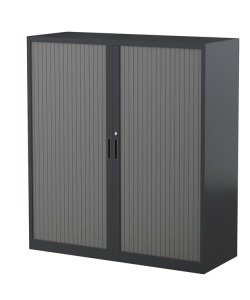 Ocean Freight Service Cabinet Door from China to Dar Es Salaam2025-09-29
Ocean Freight Service Cabinet Door from China to Dar Es Salaam2025-09-29 -
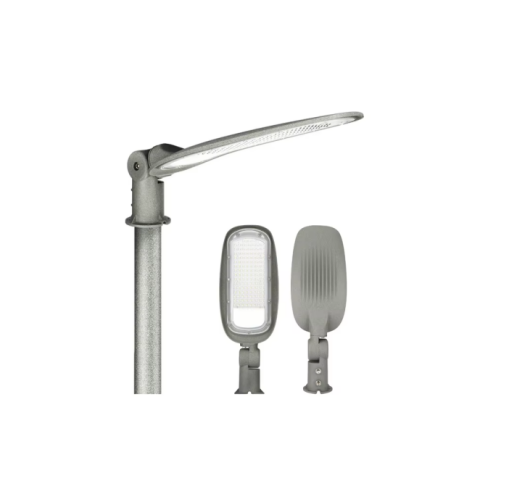 Door to Door by Ocean Freight Fixture Luminaries from China to Jeddah2025-09-28
Door to Door by Ocean Freight Fixture Luminaries from China to Jeddah2025-09-28 -
 Ocean Freight Service Sofa From China To Jebel Ali2025-09-26
Ocean Freight Service Sofa From China To Jebel Ali2025-09-26 -
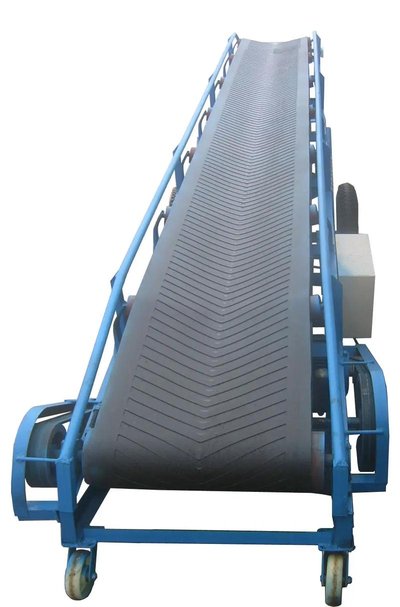 International Express Conveyor Belt From China To India2025-09-25
International Express Conveyor Belt From China To India2025-09-25 -
 Ocean Lcl Freight Service Medical Device From Shanghai to Jebel ali2025-09-25
Ocean Lcl Freight Service Medical Device From Shanghai to Jebel ali2025-09-25

